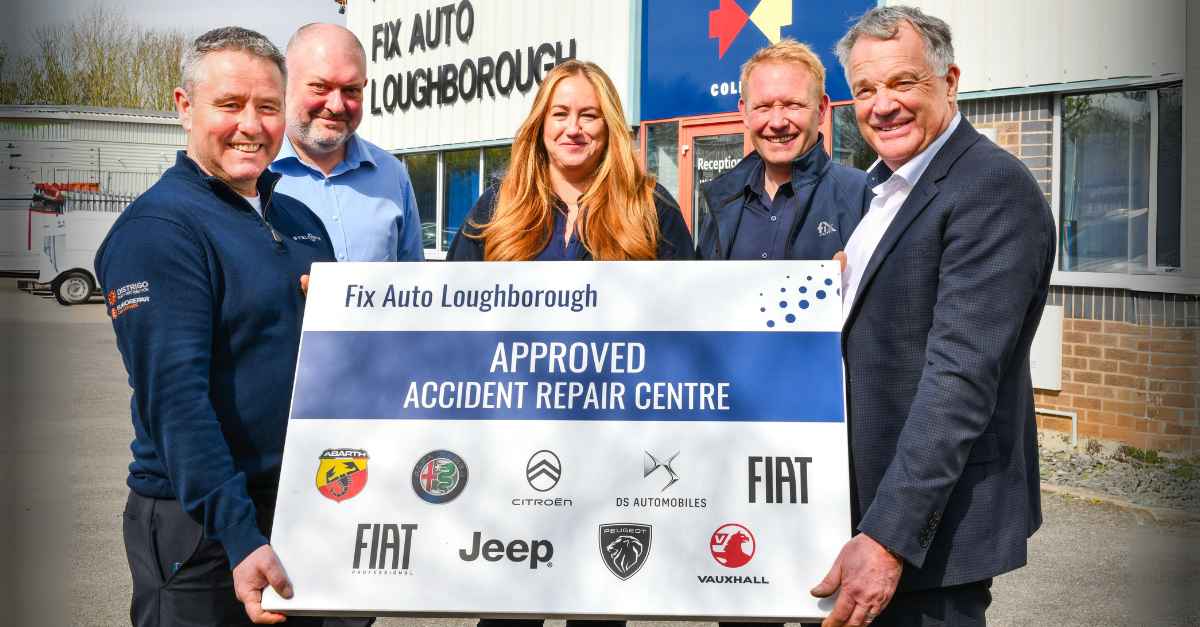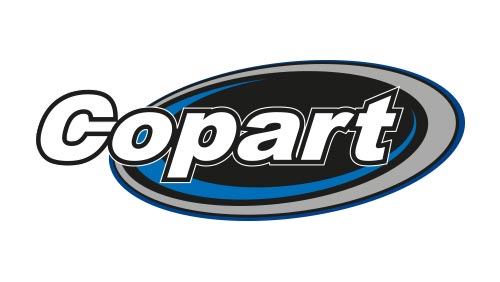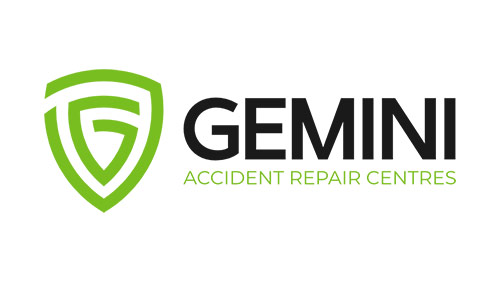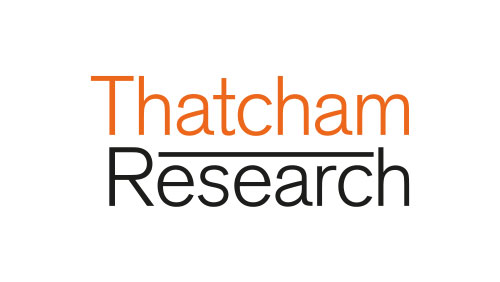The latest NBRA Repairer Market Summary has highlighted capacity, cost and consolidation as the three factors impacting the industry most at the moment.
In terms of consolidation, the report found there is more private equity in the sector than ever before, meaning the future of independents is more precarious than ever before.
The report said, “Probably the biggest news of the moment is the growth of one group fuelled by private equity. In time this will only add to the pressures already experienced by many.”
The report also revealed that parts availability remains a dark cloud that is having a significant impact on repair output. It warned that this shortage is set to continue and, like Covid-19, could usher in a ‘new normal’.
“With many raw materials such as lithium, nickel, platinum and even gases used in the production of semi- conductors being largely sourced from either Russia or Ukraine together with logistics problems and plant shutdowns in China, it would seem our parts supply chain issues are set to continue if not worsen for a long time.”
Exacerbating this capacity crisis, the rising value of used cars – up 35% – means many former total losses are now economically repairable; it found that 85% of jobs bodyshops receive are now repairable, up from 75%.
The accumulated effect has seen lead times spiral from 5-15 days to 15-45.
Adding to the pressures experienced by bodyshops, inflation across all areas of business is a growing concern, with wages driving the increases in many cases. It revealed that hourly rates pre and post Covid have escalated by 20% (MET), 12.5% (paint), 17% (panel), VDA (20%), and 18% (office).
“Bodyshops are having daily conversations with technicians leaving for other repairers or industries requiring similar skills.”
To combat this, the NBRA is urging the sector to support its petition to add technician roles to the UK Government Shortage Occupations List.
Mobility is another rising cost (£134pm to £247pm), with parts supply issues resulting in some bodyshops providing mobility for 120 days in some instances.
“This is totally unacceptable and completely flies in the face of what a courtesy car was ever intended to be.”
Meanwhile, mobility costs could rise again if bodyshops are pressed to adopt EV fleets, which many believe is a matter of when not if. This is being driven by a concerted drive towards carbon zero, with the NBRA asking members for their opinion on the introduction of a ‘standard industry approach’ to achieving this. Nearly two thirds (63%) supported the idea, with only 13% against.

















